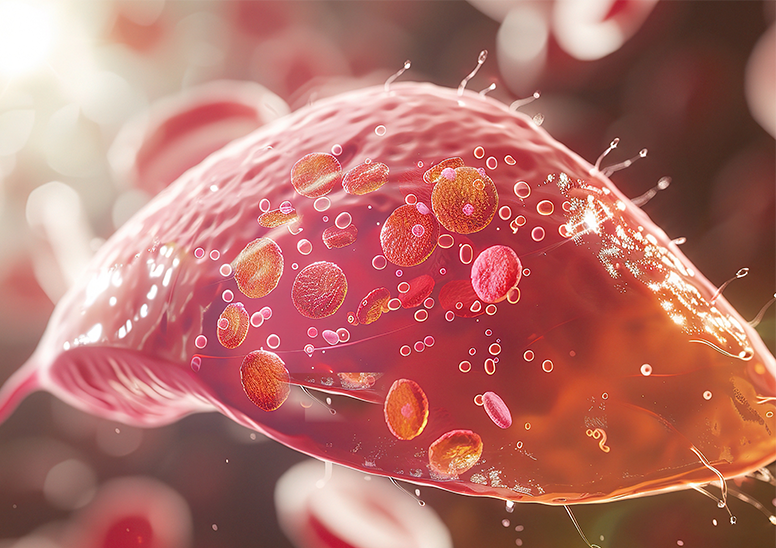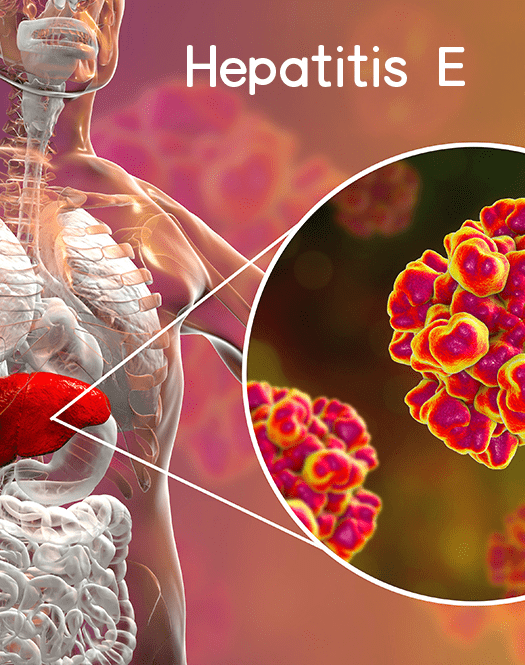What is Hepatitis?
Hepatitis refers to inflammation of the liver, most commonly caused by viral infections but also potentially triggered by autoimmune responses, alcohol abuse, or long-term medication use. There are several types of viral hepatitis—A, B, C, D, and E—each varying in mode of transmission, severity, and chronicity. If not diagnosed and managed early, hepatitis can lead to liver scarring (fibrosis), cirrhosis, or even liver cancer.
At Royal Care Hospital, we provide comprehensive care for all types of hepatitis, combining advanced diagnostic tools, antiviral therapies, vaccination programs, and long-term liver health monitoring.




